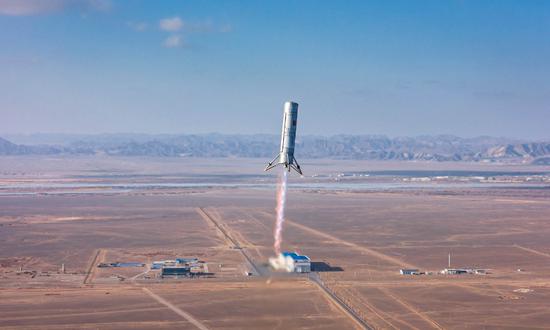
The VTVL-1 test rocket (Photo/Courtesy of LandSpace)
Chinese private aerospace company LandSpace completed a vertical takeoff and vertical landing (VTVL) test on Friday, the Beijing-based firm told the Global Times, laying the foundations for its self-developed ZQ-3 reusable rocket.
The flight test was completed with the VTVL-1 test rocket at the Jiuquan Satellite Launch Center in Northwest China's Gansu Province. The rocket landed at the scheduled landing point after staying in the air for approximately 60 seconds and reaching 320 meters high.
VTVL-1 is a liquid oxygen, methane-propelled single-stage test rocket designed to develop the vertical takeoff and landing technique for LandSpace's ZQ-3 reusable rocket. The VTVL-1 has a total length of 18.3 meters and a diameter of 3.35 meters, with a launch weight of 50.3 tons and 68 tons of take-off thrust.
VTVL-1 is equipped with three sets of two-stage buffering landing legs that are capable of handling 50 tons of landing weight. The test also proved the performance and stability of the landing system, which will facilitate ZQ-3's takeoff and landing from land and sea.
The ZQ-3 carrier rocket is China's first reusable steel rocket. It was unveiled in December 2023, and is scheduled to conduct its first commercial flight in 2025. The first stage of the rocket can be used at least 20 times, reducing the launch cost by 80 to 90 percent compared to regular carrier rockets, according to LandSpace.
A representative from LandSpace told the Global Times that the test proved the matching performance of the rocket's control system and throttle engine as well as the guidance algorithm. "The later tests will involve greater speed and height, and will further facilitate the maiden launch of ZQ-3 in 2025," said the representative.
Multiple Chinese private aerospace firms have conducted VTVL tests. The Hyperbola-2 rocket from Chinese private aerospace firm iSpace completed its reusable flight test on December 10 2023.
CAS Space, a commercial spaceflight firm that is partly owned by the Chinese Academy of Sciences, revealed that it successfully carried out a launching-from-land and landing-at-sea trial in Haiyang, East China's Shandong Province, in April 2023.

















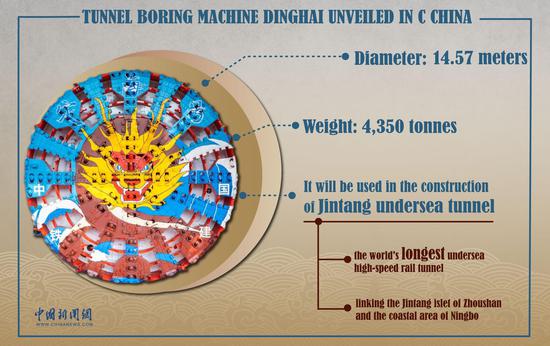
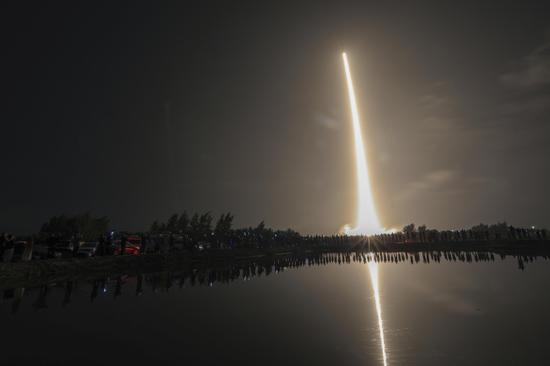





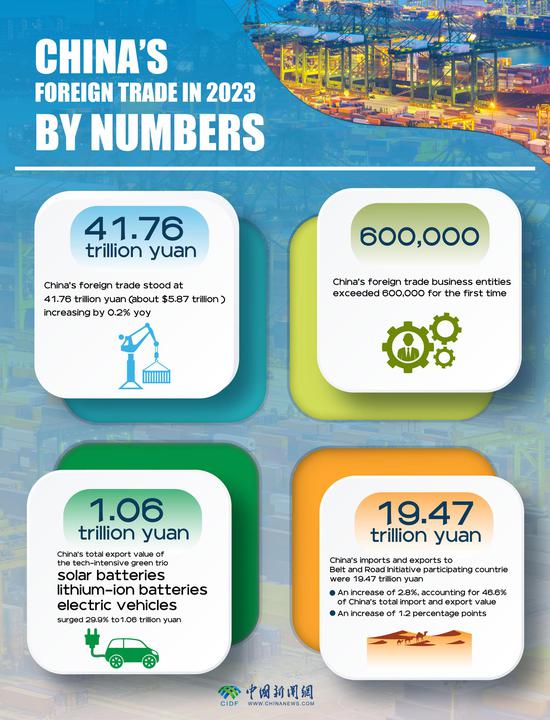









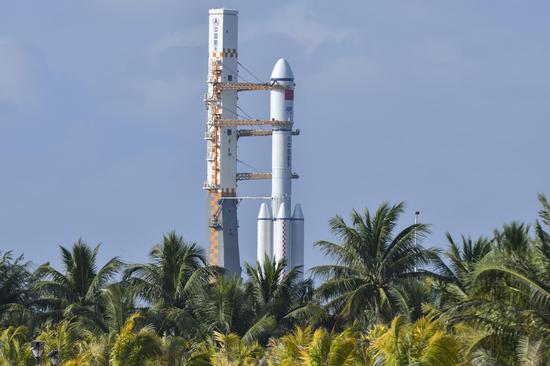















 京公网安备 11010202009201号
京公网安备 11010202009201号